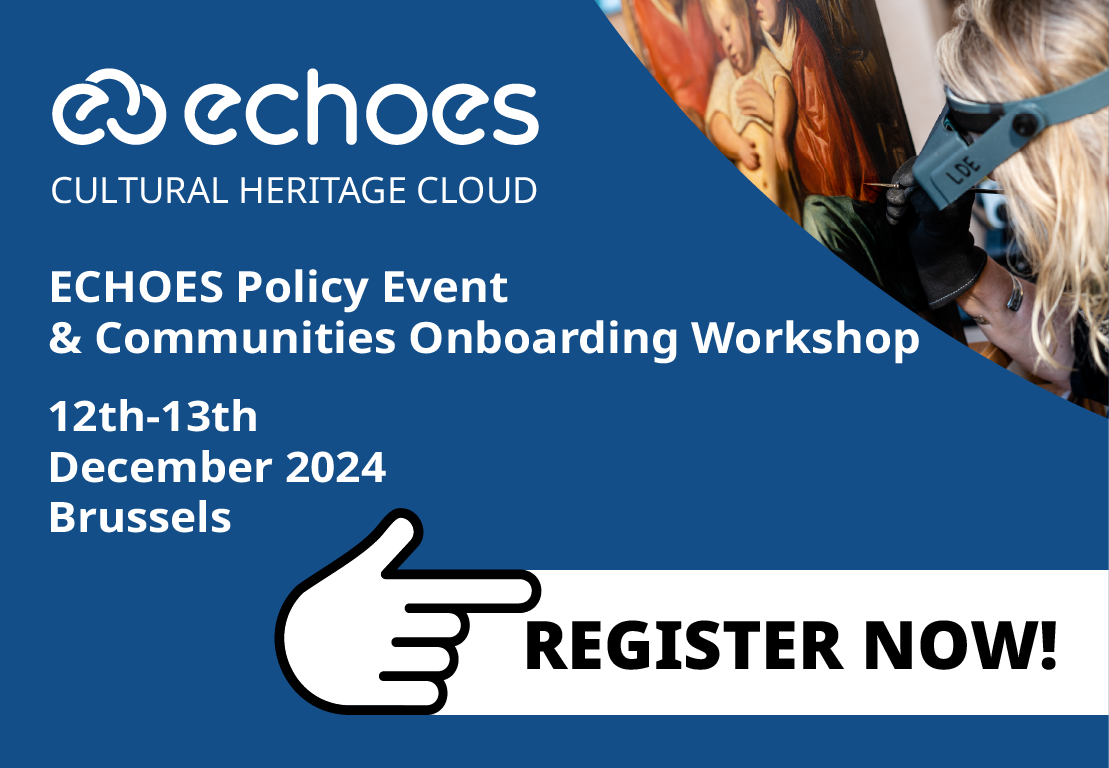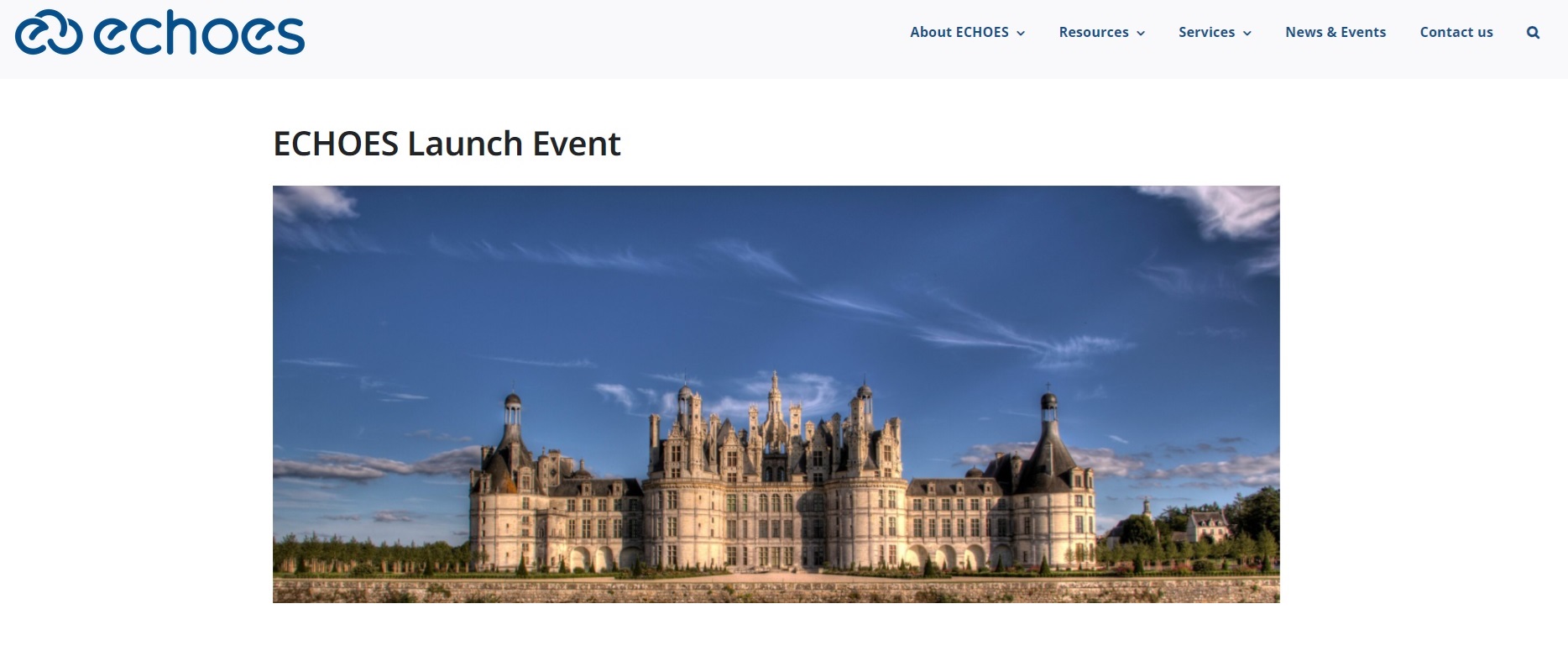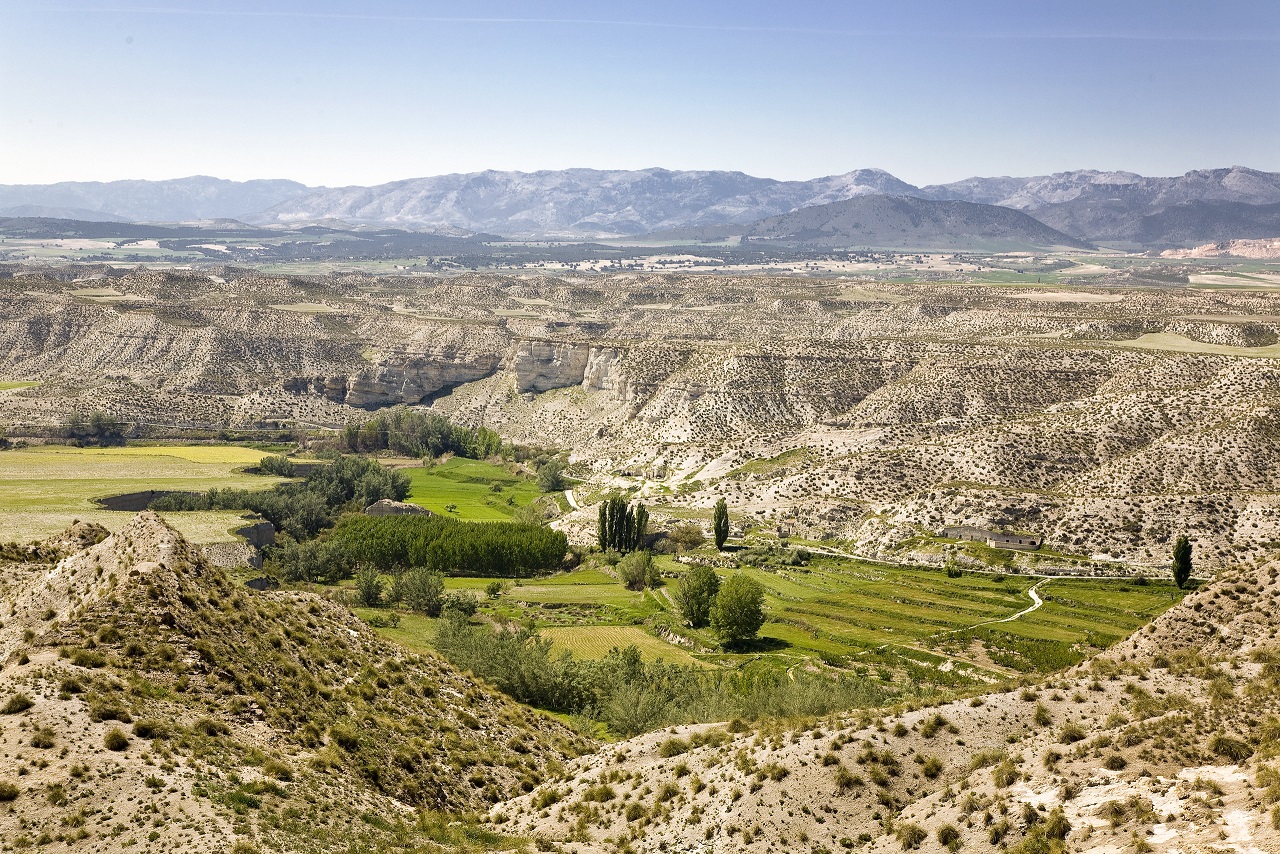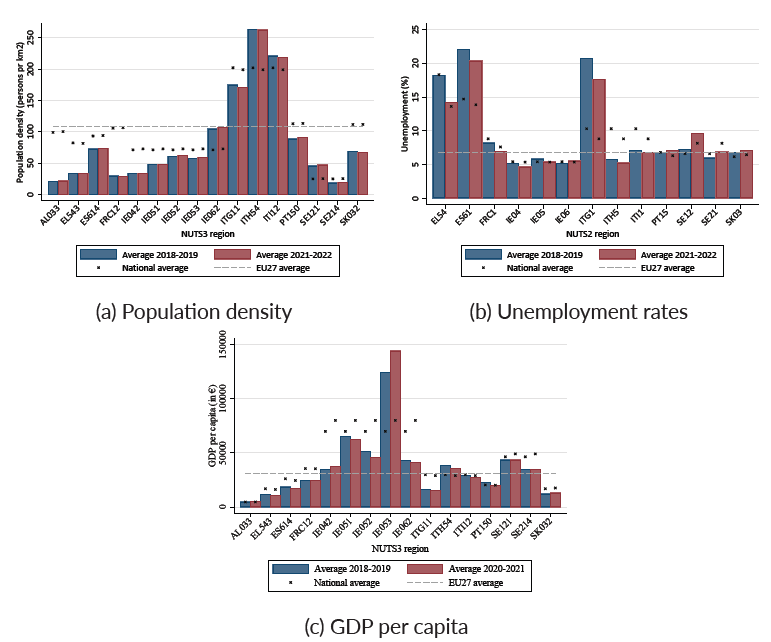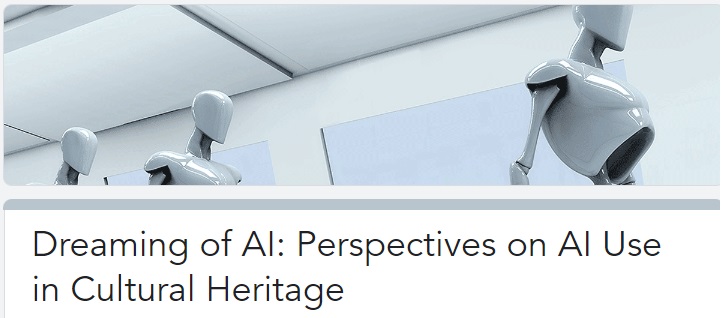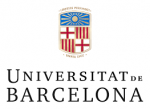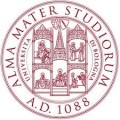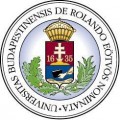The EU-funded project TexTOUR, Social Innovation and TEchnologies for sustainable growth through participative cultural TOURism, aims to co-design sustainable cultural tourism strategies and policies with the goal of producing social and economic benefits in deprived areas in Europe and beyond while preserving tangible and intangible cultural heritage.
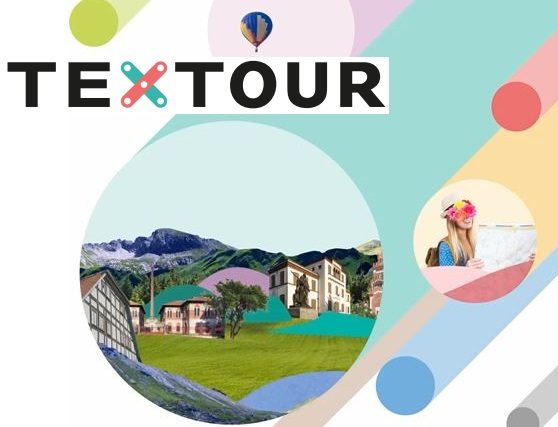
To achieve its goals, the project sets up Cultural Tourism Labs at eight pilots located within and outside Europe. The selected pilots have different and complementary characteristics, they face multiple social, economic and environmental challenges. These enable the project’s experts to develop a wide range of scenarios: inland and coastal areas, rural and urban, deprived remote or peripheral areas.
The pilots:
CRESPI D’ADDA, Italy . The best-preserved company town in Southern Europe
NARVA, Estonia, Russia. A post-industrial district on the border between Estonia and Russia
UMGEBINDELAND, Germany, Poland, Czech Republic. Home to half-timbered houses
VIA REGIA, Ukraine, Belorus, Poland, Germany, France, Spain. A symbol for European unification
TREBINJE, Bosnia-Herzegovina, Montenegro, Croatia. Embracing the potential of Balkan diversity
TARNOWSKIE GÓRY, Poland. Historic silver and lead post-mining facilities
VALE DO CÔA – SIEGA VERDE, Portugal, Spain. The most remarkable open-air ensemble of Palaeolithic art in Europe
ANFEH – FIKARDOU, Lebanon, Cyprus. Two heritage jewels placed between sea and sky
In order to integrate cultural heritage, tourism activities and local communities in a sustainable way, the project has several socio-economic, scientific and technical objectives. Among these:
- identify the challenges linked to the promotion of cultural heritage
- demonstrate that cooperation between regions and countries can encourage cultural tourism development and socio-economic growth
- set out sustainable cultural tourism strategies
- create a platform in which to gather the generated knowledge to support policy makers and practitioners in assessing cultural tourism strategies and services and test it in the selected pilots
- create an adaptable inclusive and modular investment strategy
- understand how cultural tourism can promote local socio-economic development
- create an overarching, inclusive and modern European identity based on a network of local identities
The main impacts to which it aims:
- propose new policies and strategies on cultural tourism as well as sustainable business models with public-private-people partnerships
- preserve Europe’s cultural identity, including minority cultures.
To learn more about the project: the leaftlet and TExTOUR website







